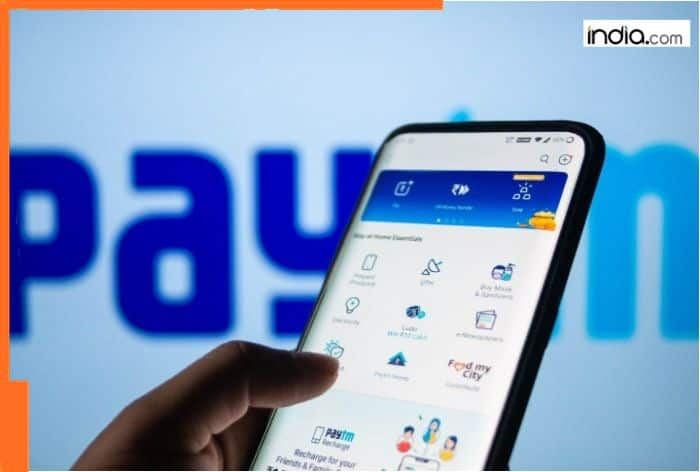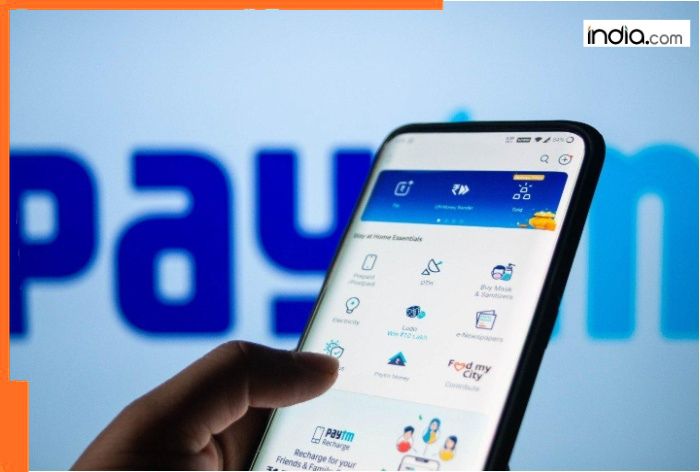Paytm users can now conveniently pay for various services including shopping, dining, and local experiences abroad using UPI through their Paytm app.

Paytm, which had a disastrous 2024, is now staging a resurgence in the fag of the year as the fintech giant recently announced that the users on its platforms can now make UPI payment at popular international destinations. In a statement on Tuesday, One97 Communications (OCL), the parent company of Paytm, announced that Paytm users can now use UPI at select foreign destinations, including popular tourist sites in the UAE, Singapore, France, Mauritius, Bhutan, and Nepal.
“One97 Communications (OCL) that owns the brand Paytm, India’s leading payments and financial services distribution company and the pioneer of QR, Soundbox and mobile payments, has enabled Paytm users to make UPI payments at select international locations,” the fintech company said in the release.
Paytm users can now conveniently pay for various services including shopping, dining, and local experiences abroad using UPI through their Paytm app, it said, adding Indian travellers can now use their Paytm app to make seamless, cashless payments at destinations where UPI is accepted.
“With the upcoming holiday season, we are sure that this launch will make foreign travel even more convenient for users. This expansion reflects our commitment to leveraging technology that empowers our users, wherever they are in the world,” said a Paytm spokesperson, according to the release.
Paytm faced a crisis-filled year which started when on January 31, the Reserve Bank of India (RBI) barred its Paytm Payments Bank from onboarding new customers, and asked it to stop services related to deposits, prepaid instruments and e-wallet after February 29. RBI said that Paytm flaunted regulatory guidelines and failed to comply despite despite nudges over a period of time which ultimately led to the stern action against the fintech.
In February, the Enforcement Directorate (ED) investigated Paytm for alleged FEMA violations, but later cleared the fintech of all charges after no evidence of these violations was found.

